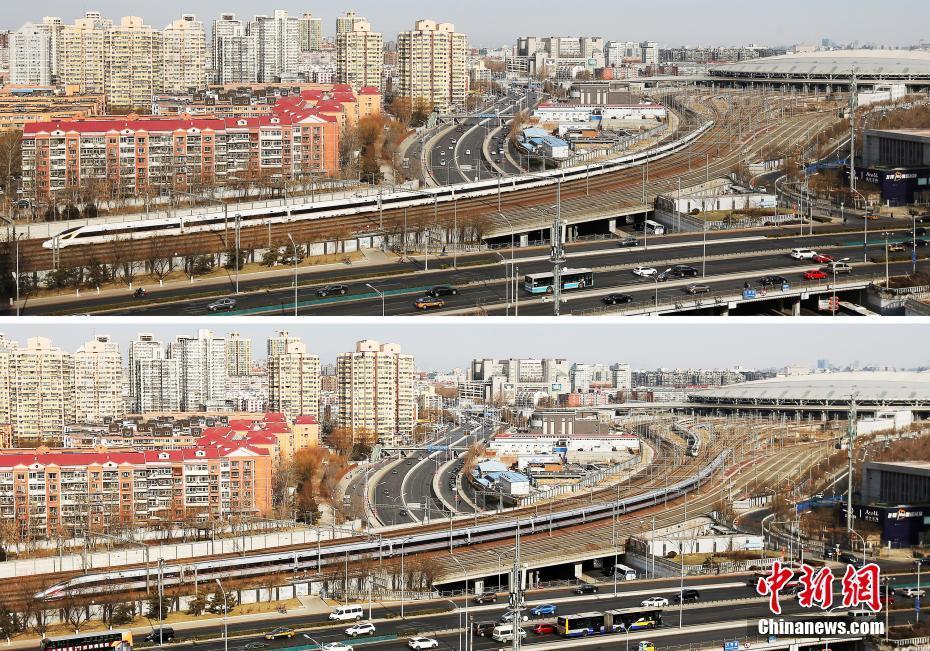
UEFA EURO-APP, download it now, new users will receive a novice gift pack.
UEFA Champions League live streaming free
author: 2025-01-07 07:34 UEFA Champions League live streaming free
UEFA Champions League live streaming free
214.43MB
Check bingo plus update today
bingo plus update today
129.96MB
Check Europa League app
Europa League app
546.87MB
Check 100 free bonus casino no deposit GCash
100 free bonus casino no deposit GCash
459.19MB
Check DigiPlus stock
DigiPlus stock
682.47MB
Check Hearthstone arena deck Builder
Hearthstone arena deck Builder
125.44MB
Check DigiPlus stock
DigiPlus stock
463.17MB
Check Hearthstone Arena win rate
Hearthstone Arena win rate
437.27MB
Check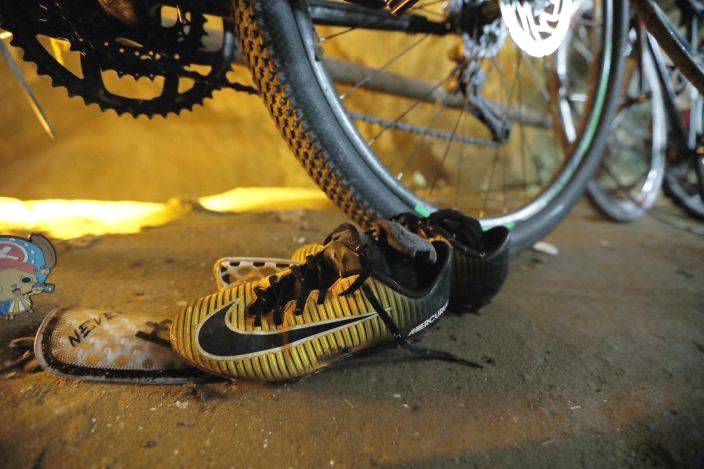 bingo plus update today Philippines
bingo plus update today Philippines
948.53MB
Check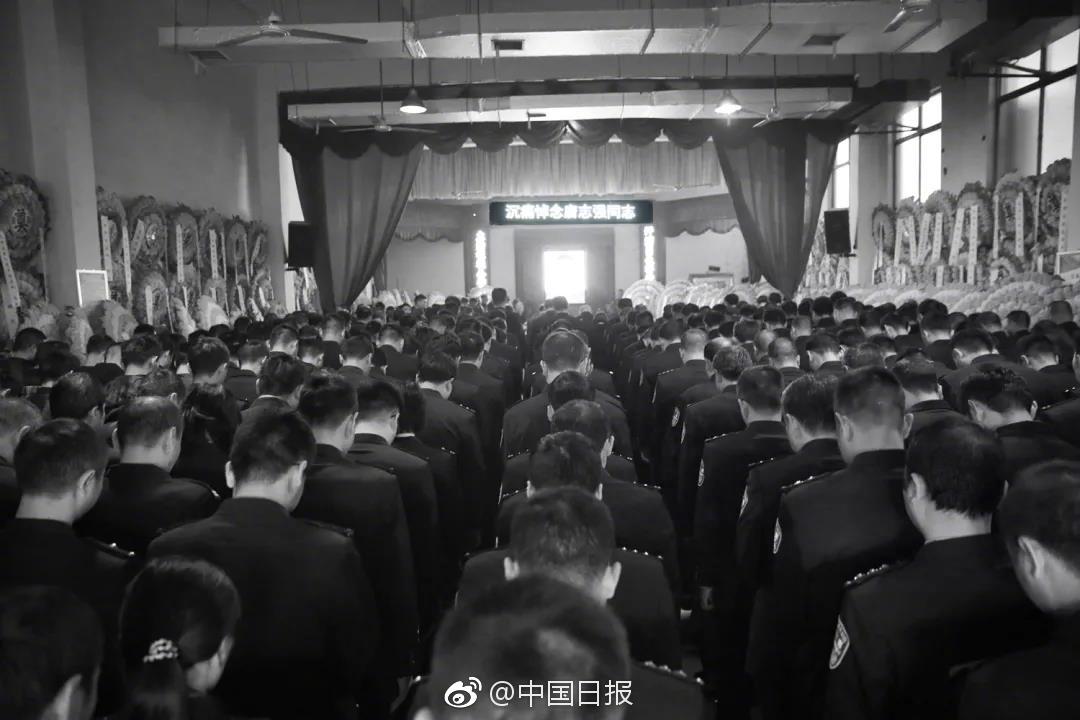 bingo plus update today
bingo plus update today
739.53MB
Check Hearthstone deck
Hearthstone deck
294.83MB
Check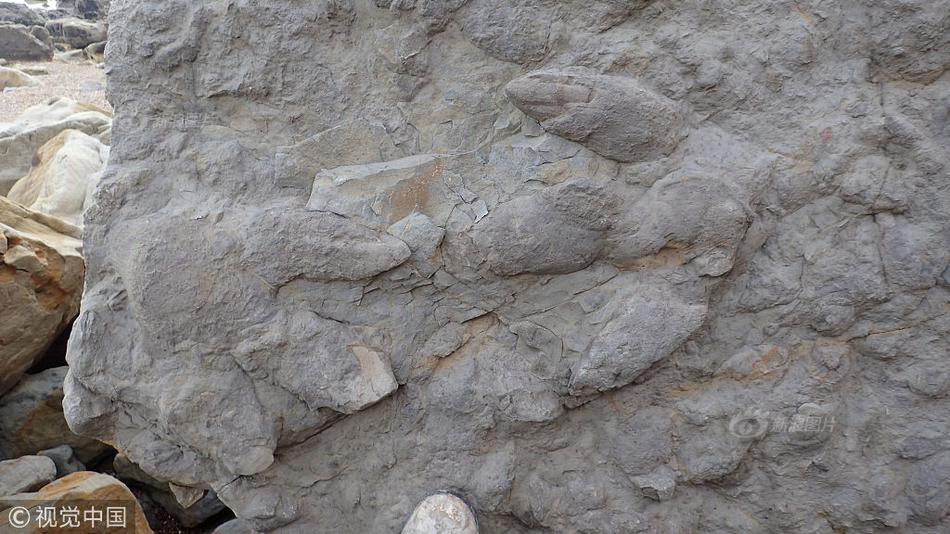 Hearthstone arena
Hearthstone arena
811.22MB
Check DigiPlus
DigiPlus
377.36MB
Check UEFA Champions League standings
UEFA Champions League standings
458.85MB
Check Walletinvestor digi plus
Walletinvestor digi plus
891.92MB
Check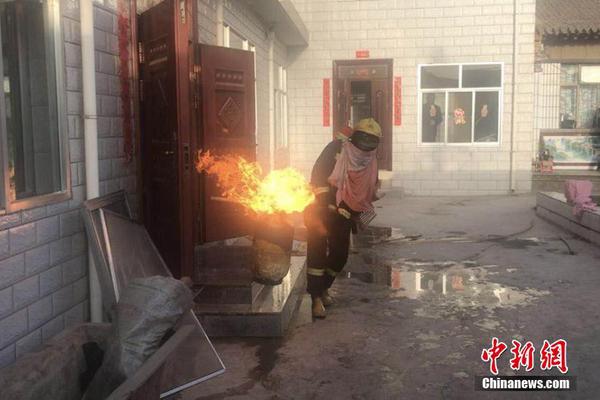 Hearthstone Arena Tier List
Hearthstone Arena Tier List
521.29MB
Check Hearthstone Arena win rate
Hearthstone Arena win rate
992.63MB
Check DigiPlus Philippine
DigiPlus Philippine
495.12MB
Check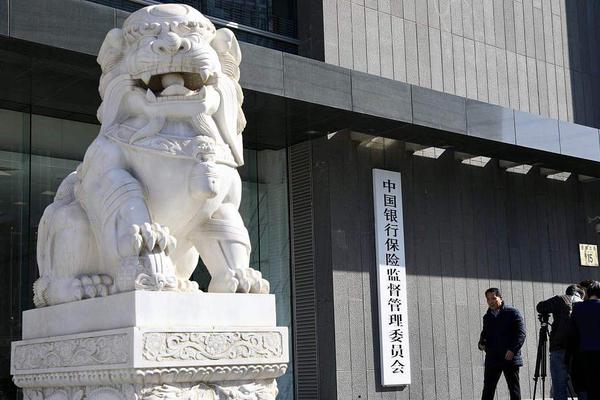 UEFA Champions League live
UEFA Champions League live
383.99MB
Check bingo plus update today
bingo plus update today
524.92MB
Check Casino free 100 no deposit
Casino free 100 no deposit
722.27MB
Check DigiPlus
DigiPlus
331.83MB
Check Hearthstone Arena win rate
Hearthstone Arena win rate
274.48MB
Check Hearthstone Arena Tier List
Hearthstone Arena Tier List
175.54MB
Check Casino Plus GCash login
Casino Plus GCash login
718.68MB
Check Casino Plus
Casino Plus
994.23MB
Check Arena Plus login
Arena Plus login
226.49MB
Check Casino Plus free 100
Casino Plus free 100
238.24MB
Check Casino Plus
Casino Plus
111.37MB
Check Hearthstone Arena class tier list 2024
Hearthstone Arena class tier list 2024
648.74MB
Check UEFA Champions League live
UEFA Champions League live
291.55MB
Check Hearthstone Wild Decks
Hearthstone Wild Decks
317.43MB
Check Hearthstone Arena class tier list 2024
Hearthstone Arena class tier list 2024
784.47MB
Check European Cup live
European Cup live
239.15MB
Check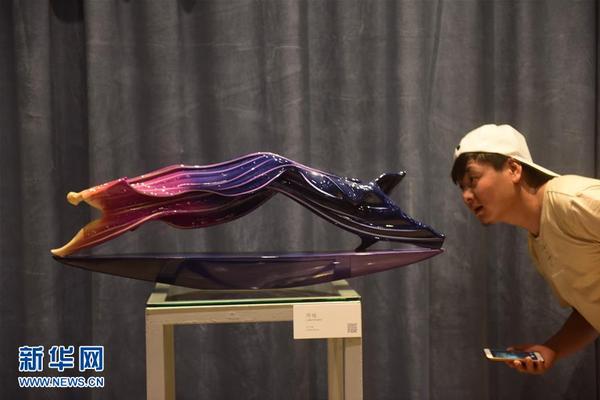 DigiPlus
DigiPlus
697.74MB
Check UEFA Champions League live
UEFA Champions League live
565.35MB
Check
Scan to install
UEFA EURO to discover more
Netizen comments More
1043 Bingo Plus
2025-01-07 07:14 recommend
1852 TNT Sports
2025-01-07 07:11 recommend
870 TNT Sports
2025-01-07 07:07 recommend
547 UEFA Champions League live
2025-01-07 07:01 recommend
2620 Casino free 100 no deposit
2025-01-07 06:35 recommend